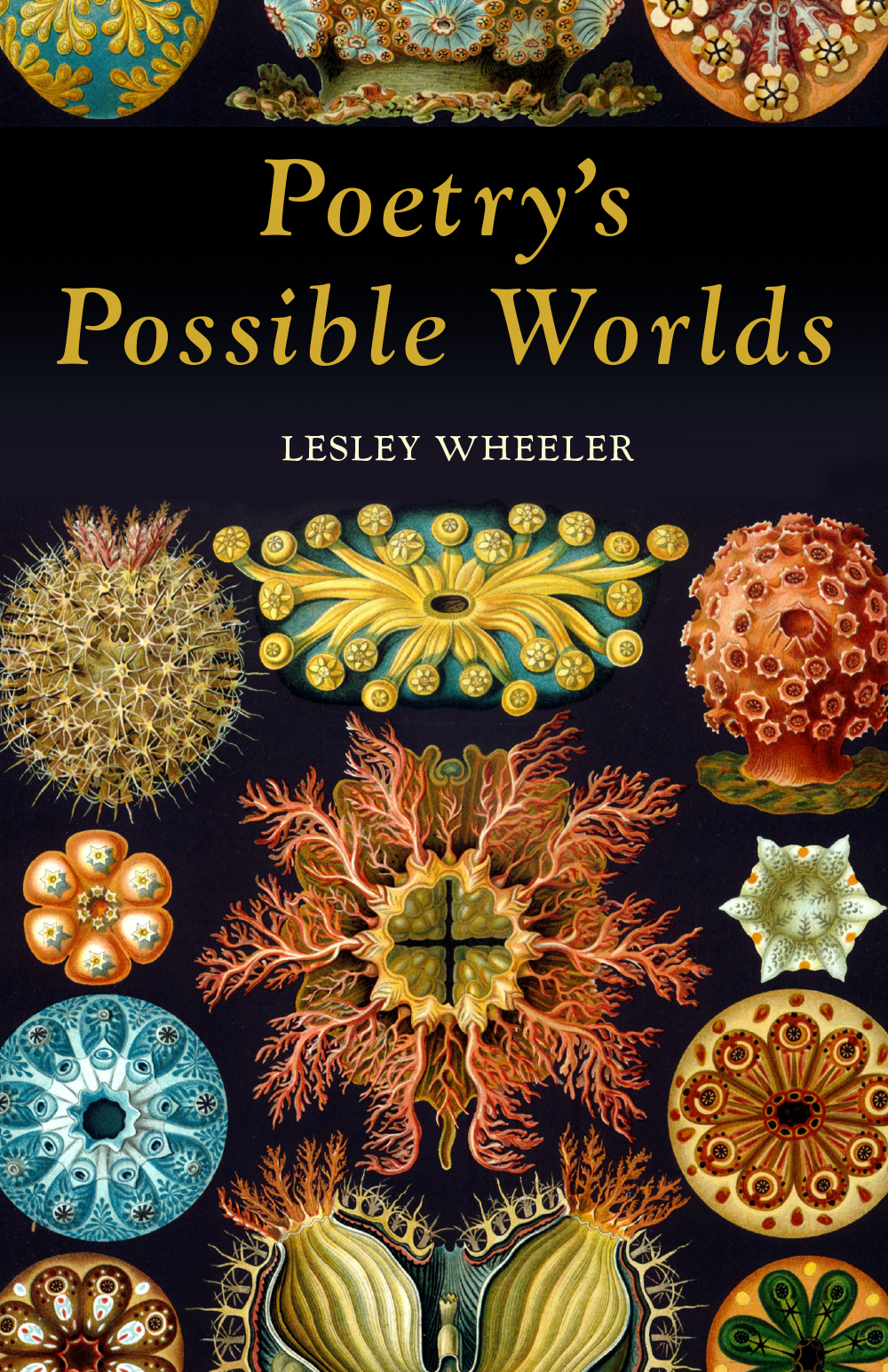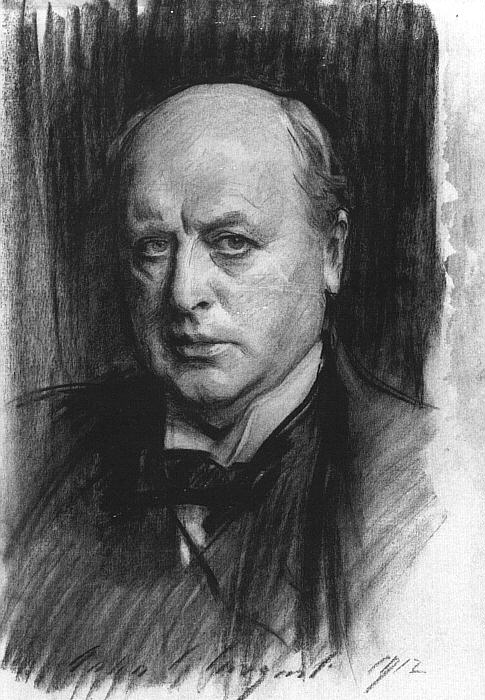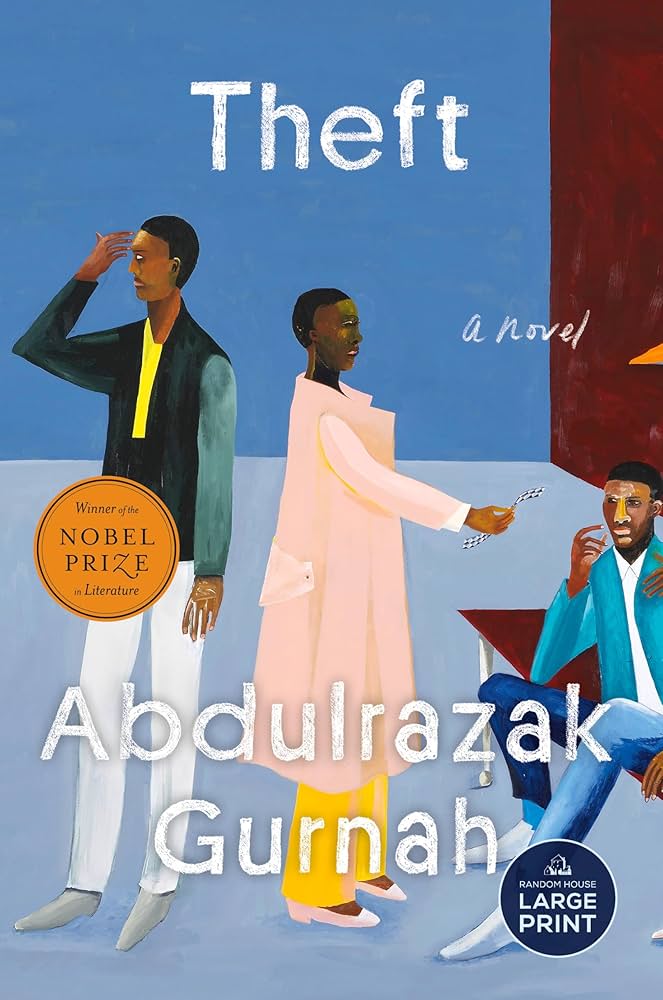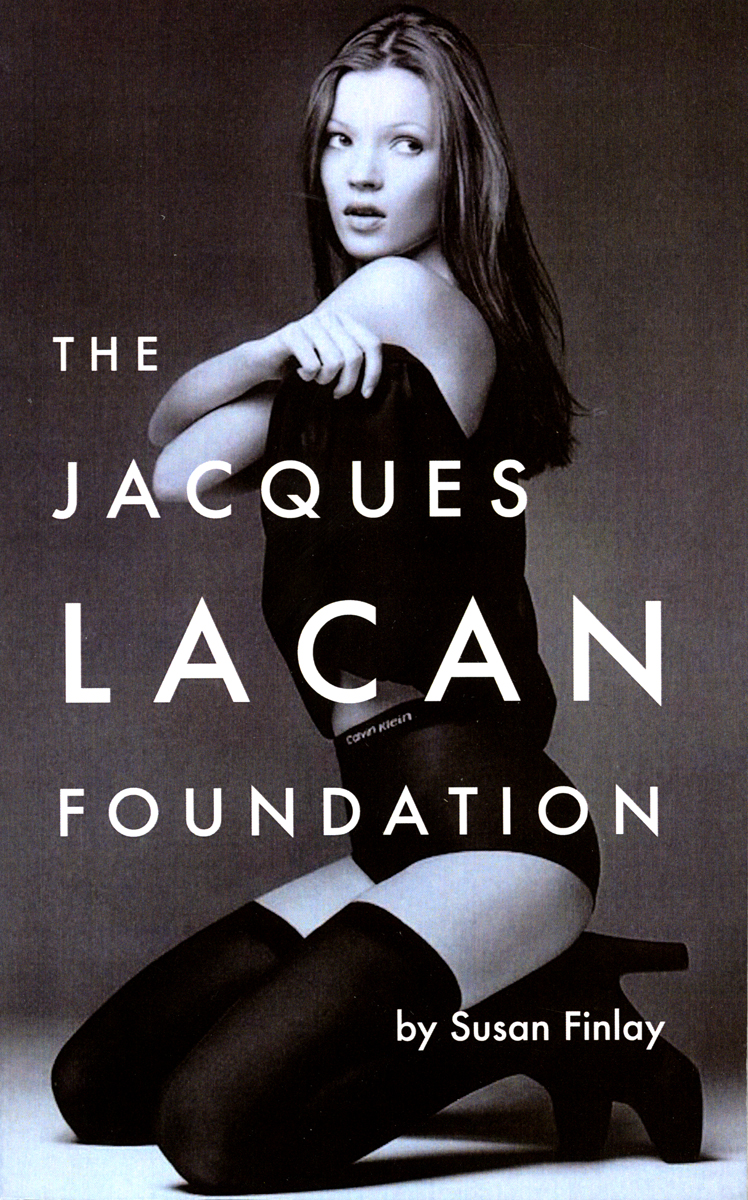Curated by ELLY HONG
In this round of Friday Reads, we hear from two poets whose work was featured in Issue 23 of The Common. Read on for mini reviews of an imaginative and timely poetry collection and essays on the transportive power of that genre.
Edward Vidaurre’s Pandemia and Other Poems; recommended by Melissa Studdard (Issue 23 contributor)
Edward Vidaurre must have written Pandemia & Other Poems with one hand on the keyboard and the other on the pulse of some half-human god. Omniscient empathy courses through the veins of this book as Vidaurre walks through the streets of suffering, joy, connection, isolation, love, fear, and triumph. In “God is,” he writes, “I know when God is in a Motown mood, a hippie rock or just a / lounging jazz mood, and when it’s too quiet… God let the whiskey / get the better of him.” This is a poem in which God has made America’s 45th president out of leftover road cotton and grackle droppings, and God has a twin sister who does all the good work.
In another poem, “Generation Z,” two parents stare at their phones as their kid begs for attention, passes through several stages of danger, and then finally dies. The poem ends with the poignant image of the two parents downloading an app for instructions on how to cry. With Pandemia & Other Poems, Vidaurre shakes us out of the trance of our times, forces our faces up from the screen, commands that we see and feel that which is right in front of us. Yet, powerful as it is, it’s a gentle book, full of compassion for everything it indicts, full of love for everything it must force itself not to look away from.
Lesley Wheeler’s Poetry’s Possible Worlds; recommended by Jane Satterfield (Issue 23 contributor)
Anyone who has turned to books to expand their horizons or escape uncertain times knows the pleasure of being transported to an alternate universe and coming back changed in unimagined ways. It’s a concept that cognitive scientists call “literary transportation”—and the central subject of Lesley Wheeler’s debut collection of essays, Poetry’s Possible Worlds.
Wheeler’s interest in theories of literary transportation emerge from her love of the alternate worlds she found in novels (including fantasy and speculative fiction), as well as her work as a professor and poet; her recent collection The State She’s In explores the ecological heritage of Virginia, her adopted home, and its toxic legacies of sexism and racism. But it’s a family crisis—the revelation of her father’s extramarital affair and the aftermath of bitter divorce—that sparks a desire to “take poetry personally” and dig more deeply into the art form’s transformative powers. Part memoir, part travelogue, Wheeler’s hybrid essays track the transformation of a shy, suburban, Bowie-loving teen into a committed feminist scholar, writer, and parent who strives to put committed ideals into action as she navigates family loss, workplace conflict, and the familiar struggles that midlife brings.
Via immersive readings of twelve contemporary poems in English, these meditative essays map the pocket universes that Wheeler discovers from various vantage points at home and abroad. In New Zealand, on a Fulbright to study virtual poetic communities in the global sphere, Wheeler finds that sacred landscapes and the work of Māori poet Robert Sullivan help her to forge new understandings of poetry’s historical dimension and social power. A visit with Irish poet Paula Meehan deepens awareness of landscape loss in the Anthropocene; at the same time, the idea of lyrical incantation as a source of healing sparks reflections on Wheeler’s mother’s Liverpool roots and the author’s own uncanny encounters at Woodhenge and other Neolithic monuments. Explorations of memory, travel, and desire in poet-physician Rafael Campo’s postcard poems provide new insights about verse craft, demonstrating how meter works to build empathy and compassion.
Wherever she travels, Wheeler never loses sight of the world beyond the page. What truths do poets teach us about worlds that differ from our own? How, if at all, does reading about suffering and injustice lead to social change? These recurring questions come into sharp focus in the context of the Black Lives Matter protests as Wheeler reflects on January Gill O’Neil’s “Hoodie,” a powerful lyric expressing fear for her son’s future, and a document of the dehumanizing effect of racial profiling. Looking to narrative theory and psychological studies that evaluate the benefits of literature as a tool for changing behaviors and attitudes, Wheeler’s essays affirm the importance of reading outside the comfort of our own locales—in this way, poetry can become a vital “news source” teaching us the things we “need to know”—and, in Wheeler’s case, these lessons arrive with candor, wit, and refreshing lyric precision.






